Sie Keir Starmer was forced to carry out a major early reshuffle of his Cabinet on Friday following Angela Rayner’s dramatic resignation.
In an extraordinary day in politics, the Prime Minister shifted around key members of his top team after his deputy quit over her tax affairs.
David Lammy succeeded Ms Rayner as Deputy Prime Minister but left his role at the Foreign Office to become Justice Secretary.
Yvette Cooper, who had failed to control the influx of illegal small boat migrants, took up Mr Lammy’s former role as Foreign Secretary.
She was replaced as Home Secretary by Shabana Mahmood, who having previously held the justice brief now must get a grip on the migrant crisis or lose more ground to Reform.
The changes to three of the great offices of state represent a significant shift at the heart of Sir Keir’s Government.
However, the PM kept the top ranks of his team largely the same, with just three ministers departing and no new blood brought into the fold.
Tory leader Kemi Badenoch dismissed the move as Sir Keir ‘shuffling the deckchairs around on his sinking government’.
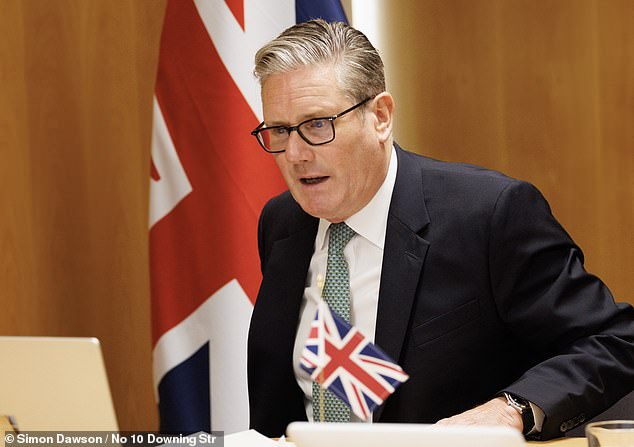
Sie Keir Starmer was forced to carry out a major early reshuffle of his Cabinet on Friday following Angela Rayner’s dramatic resignation
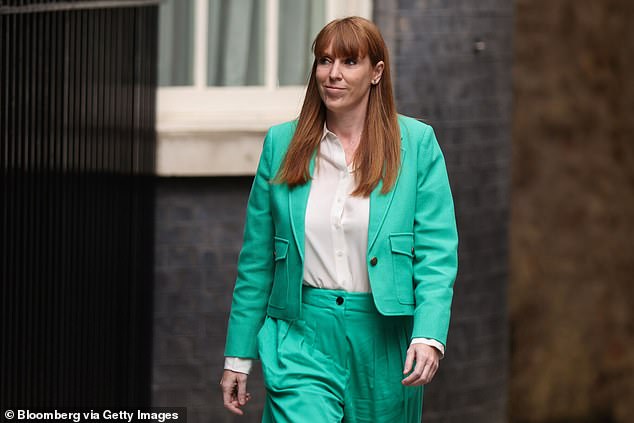
In an extraordinary day in politics, the Prime Minister shifted around key members of his top team after Ms Rayner (pictured) quit over her tax affairs
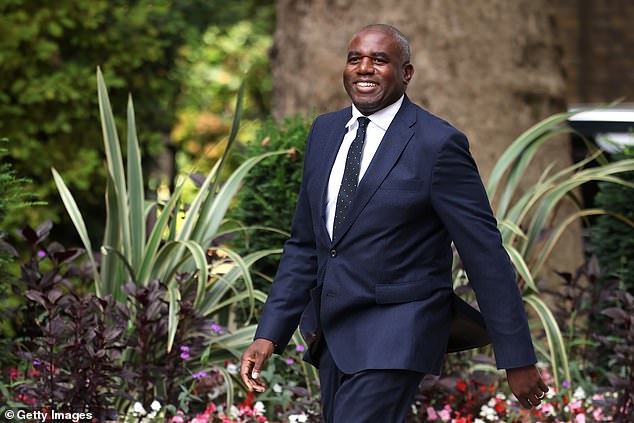
David Lammy succeeded Ms Rayner as Deputy Prime Minister but left his role at the Foreign Office to become Justice Secretary
The scandal over Ms Rayner’s tax affairs is thought to have brought forward the shake-up which was expected to take place in the autumn.
In a dramatic day, Rachel Reeves was quickly confirmed as Chancellor to shut down speculation that could have alarmed the market.
But there were shifts in almost every other key role in Sir Keir’s Cabinet, which came just days after he announced ‘Phase Two’ of his Government.
Pat McFadden – Chancellor of the Duchy of Lancaster and the PM’s right-hand man – will move to the Department for Work and Pensions and take responsibility for skills.
Darren Jones – who had only just been appointed to the new role of chief secretary to the Prime Minister – gained Mr McFadden’s role in the Cabinet Office.
Sir Keir’s changes represent a huge vote of confidence in Ms Mahmood, a long-time ally of the PM who was Labour’s campaign coordinator for the last election.
She is set to become one of the party’s most high-profile politicians and will be tasked with solving one of its biggest issues: tackling small boat crossings.
Mr McFadden is set to become head of a new ‘super ministry’ which will also take the skills remit of the Department for Education.
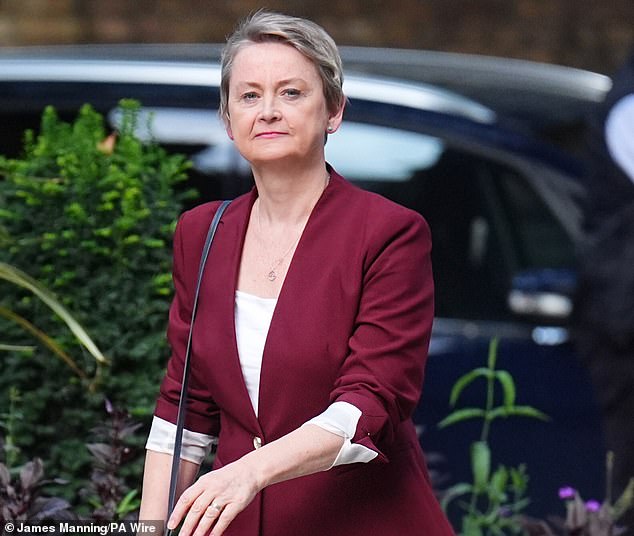
Yvette Cooper (pictured), who had failed to control the influx of illegal small boat migrants, took up Mr Lammy’s former role as Foreign Secretary. She was replaced as Home Secretary by Shabana Mahmood, who previously held the justice brief
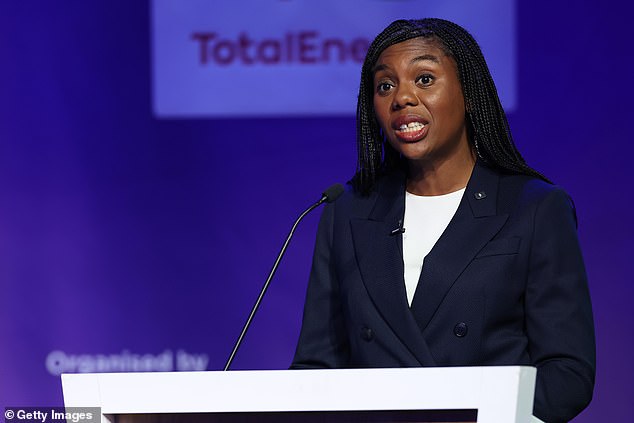
Tory leader Kemi Badenoch dismissed the move as Sir Keir ‘shuffling the deckchairs around on his sinking government’. The scandal over Ms Rayner’s tax affairs is thought to have brought forward the shake-up which was expected to take place in the autumn
The move means he will be tasked with arguably the Government’s next most important issue – getting people back to work and delivering welfare reform.
Elsewhere in the reshuffle, Steve Reed, the former environment secretary, will take on Ms Rayner’s housing brief – a role he carried out in opposition.
Peter Kyle was made Business Secretary, while former work and pensions chief Liz Kendall will become Technology Secretary.
Former business secretary Jonathan Reynolds was made chief whip, while Emma Reynolds, the city minister, was made Environment Secretary.
Douglas Alexander became the Scottish Secretary, replacing Ian Murray, while Lucy Powell was sacked as Commons Leader and replaced by Sir Alan Campbell.
Following his sacking, Mr Murray said he was ‘hugely disappointed’ to be out of the Government while Ms Powell tweeted: ‘The future of our democracy looks uncertain.’
Wes Streeting remains Health Secretary, John Healey the Defence Secretary, Ed Miliband the Energy Secretary, Bridget Phillipson the Education Secretary and Lisa Nandy the Culture Secretary.
And for the first time, the holders of the three great offices of state beyond PM – the chancellor, foreign secretary and home secretary – are all women.
The two main roles – PM and Deputy – are held by men.
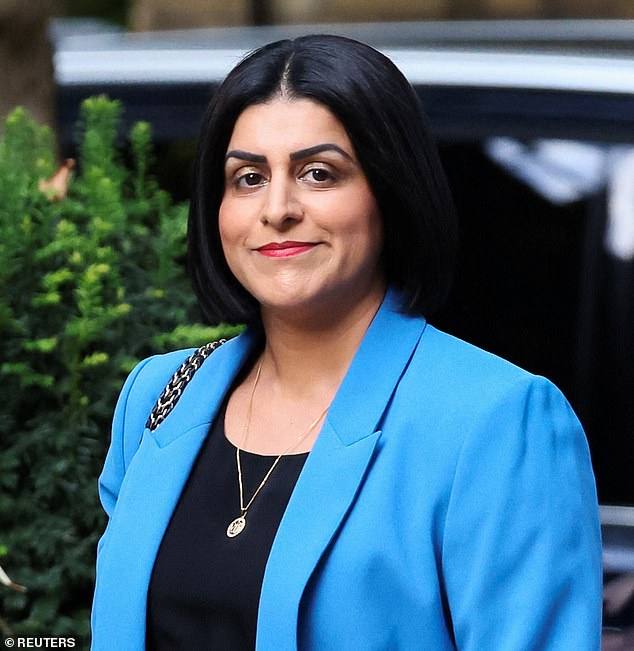
Sir Keir’s changes represent a huge vote of confidence in Shabana Mahmood (pictured), a long-time ally of the PM who was Labour’s campaign coordinator for the last election. She is set to become one of the party’s most high-profile politicians
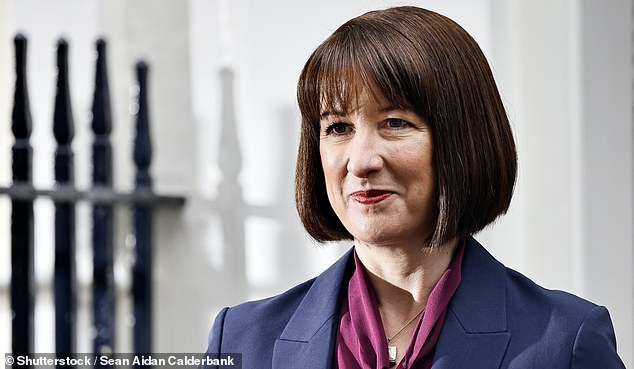
In a dramatic day, Rachel Reeves was quickly confirmed as Chancellor to shut down speculation that could have alarmed the market. But there were shifts in almost every other key role in Sir Keir’s Cabinet, which came just days after he announced ‘Phase Two’
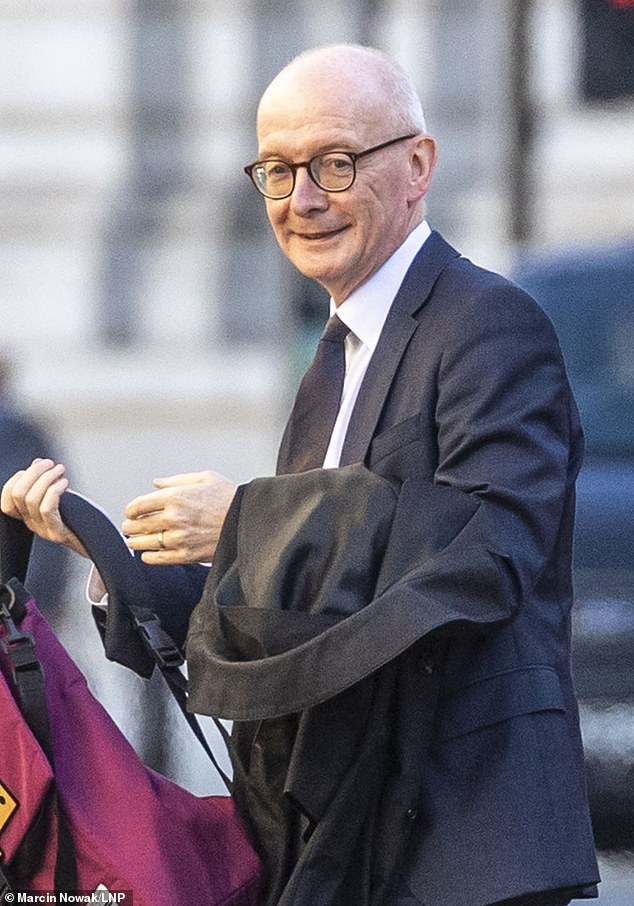
Pat McFadden (pictured) – Chancellor of the Duchy of Lancaster and the PM’s right-hand man – will move to the Department for Work and Pensions and take responsibility for skills. Mr McFadden is set to become head of a new ‘super ministry’
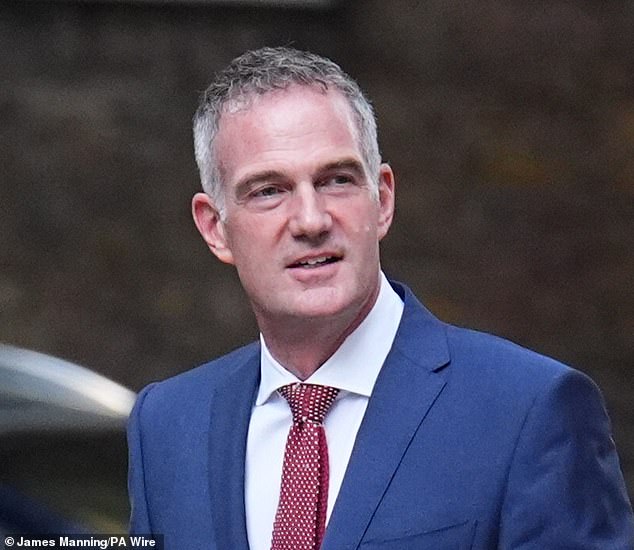
Peter Kyle (pictured) was made Business Secretary, while former work and pensions chief Liz Kendall will become Technology Secretary. Former business secretary Jonathan Reynolds was made chief whip, while Emma Reynolds, the city minister, was made Environment Secretary
The reshuffle carries the risk of Sir Keir being accused of simply moving things around rather than changing the fundamentals.
While the changes were dramatic, only three ministers left Government. The only two MPs from the 2024 intake who were promoted – Ms Reynolds and Mr Alexander –were previously MPs who lost their seats.
Ms Badenoch said: ‘Phase Two of Starmer’s Government didn’t even last three days. He was too weak to fire the Deputy Prime Minister, even after he was told she broke the Ministerial Code, and now he’s shuffling deckchairs around on his sinking Government.
‘The Labour Party is now engaged in a civil war for its deputy leadership.
‘All of which will be an enormous distraction from the problems facing Britain, with the cost of borrowing reaching its highest point in decades, and inflation and unemployment rising.’












